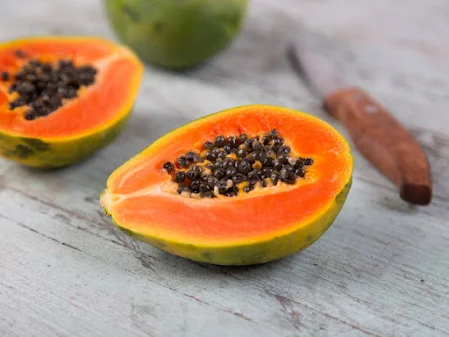Powerful Natural Remedies for Benign Prostatic Hyperplasia or Prostate Enlargement
What is Benign prostatic hyperplasia (BPH)?
Benign prostatic hyperplasia (BPH) is a condition in which the prostate, a walnut-sized body part made of glandular and muscular tissue, grows in size. The prostate surrounds part of the urethra, which is the tube that carries urine and sperm out of the body. The benign (noncancerous) condition is also called benign prostatic enlargement (BPE).
The prostate is located directly beneath the bladder and in front of the rectum. The urethra passes through the prostate, so if the prostate becomes enlarged, it can keep urine or semen from passing through the urethra. The main function of the prostate is to produce fluid for the semen, the milky fluid in which sperm swims. Sperm is produced in the testicles, which also make the main male hormone testosterone. During puberty, testosterone stimulates the growth and function of the prostate and helps with the production of fluid for semen.
Causes of Benign Prostatic Hyperplasia
The actual cause of benign prostatic hyperplasia is unknown. Factors linked to aging and changes in the cells of the testicles may have a role in the growth of the gland, as well as testosterone levels. Men who have had their testicles removed at a young age (for example, as a result of testicular cancer) do not develop BPH.
Also, if the testicles are removed after a man develops BPH, the prostate begins to shrink in size. However, this is not a standard treatment for an enlarged prostate.
Signs and Symptoms
BPH symptoms can be divided into those caused directly by urethral obstruction and those due to secondary changes in the bladder.
- Difficulty starting to urinate despite pushing and straining
- A weak stream of urine; several interruptions in the stream
- Dribbling at the end of urination
READ MORE: Some Diatary Tips to Avoid Prostate Cancer
- A sudden strong desire to urinate (urgency)
- Frequent urination (How To Use Aloe Vera For Frequent Urination)
- The sensation that the bladder is not empty after urination is completed
- Frequent awakening at night to urinate (nocturia)
As the bladder becomes more sensitive to retained urine, a man may become incontinent (unable to control the bladder, causing bed wetting at night or inability to respond quickly enough to urinary urgency).
Burning or pain during urination can occur if a bladder tumor, infection, or stone is present. Blood in the urine (hematuria) may herald BPH, but most men with BPH do not have hematuria.
Prevention of Benign Prostatic Hyperplasia
Although you cannot prevent the prostate from enlarging, you can take measures to reduce your symptoms:
Limit your intake of liquids in the evening, especially drinks containing alcohol and caffeine. Cutting back helps to minimize the number of times you have to urinate during the night. (Also, drinking too much alcohol may irritate the bladder or prostate. Most experts recommend that men avoid more than two alcoholic drinks a day.)
Ask your doctor whether you can change or eliminate mediations that may be aggravating the problem. These medications include antihistamines, diuretics, decongestants, antispasmodics, tranquilizers, and certain types of antidepressants. These can weaken the bladder muscle or narrow the opening of the prostate.
Take every opportunity to use the bathroom and allow yourself enough time to empty your bladder completely.
SEE ALSO: Is an Enlarged Prostate Serious?
Natural Remedies for Benign Prostatic Hyperplasia or Prostate Enlargement: pawpaw seed for prostate health benefits
Black seed of ripe pawpaw
Instructions:
1. Get the black seed of ripe pawpaw, wash and blend with a glass of water. Take a glass morning and evening.
2. Squeeze bitter leaves and scent leaves with water. Take a glass morning and evening and I assure you that you will be fine.











